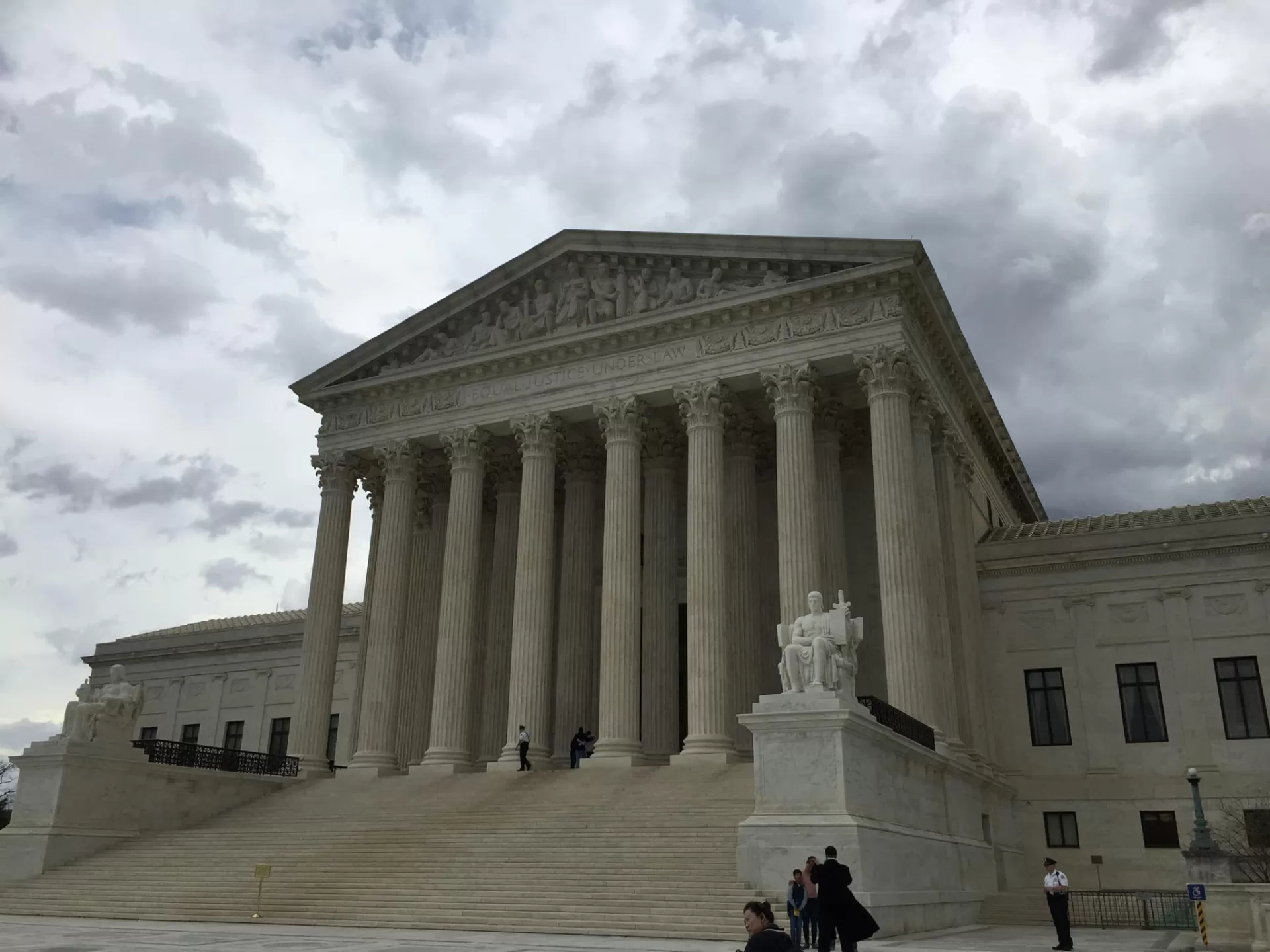Attorney General Jeff Sessions just rescinded an Obama era Justice Department directive telling U.S. Attorneys to disregard federal drug laws. To hear Prof. Wagner’s broadcast interview on this issue, click here.
The rescinded dictate, better known as the Cole Memo, enabled federal prosecutors to ignore criminal activity violating the Controlled Substances Act (CSA). The Obama-era executive action effectively immunized criminal drug enterprises from U.S. drug laws. Laws passed by the American people’s representatives in Congress. Sessions’ decision restores the Rule of Law. It permits U.S. attorneys to prosecute criminal activity that violates federal drug laws, even if the illegal drug is marijuana. And even if a state, in defiance of federal law, employs state-level regulation or “legalization” of pot.
The Pot Political Agenda
The previous administration blatantly disregarded the federal Rule of Law with its Cole memo. Libertine, personal autonomy activists cheered. It is important to understand why they did so. Activists promote the pot political agenda because it furthers their judicially manufactured “personal autonomy right.” For example, their “personal autonomy” presently authorizes them, with a doctor’s drug-dispensing assistance, to abort their unborn children. Moreover, pot politics is a means to evolve their “personal autonomy” to include physician-assisted suicide. Here doctors dispense drugs much deadlier than marijuana.
This grander political agenda explains why these same activists erupted when Sessions ordered federal prosecutors to follow the Rule of Law. His order sabotaged their social engineering. In an emotionally-charged fire-storm, the activists characterized federal criminal drug activity as state compliant marijuana operations. They further demonized the Attorney General’s action as illegitimate and a job destroyer.
Perhaps the most troubling aspect of the story though, is the dearth of discussion by the media of what the Constitution and federal law says here. Because good governance under the Rule of Law is at stake, here is the truth.
Constitutional Authority for the Federal Drug Law
Article I of the United States Constitution vests in Congress the power “[t]o regulate Commerce … among the several States,” Additionally, the “Necessary and Proper” Clause empowers Congress to enact laws reasonably necessary to carry out its power under the Commerce Clause. Supreme Court precedent interprets these provisions as empowering Congress to regulate “things in interstate commerce” and activities that “substantially affect” interstate commerce.[1] Article I empowers Congress, therefore, to regulate the possession and distribution of drugs, including Marijuana. It does so because: 1) drugs are things in interstate commerce and 2) the activity substantially affects interstate commerce. Congress properly relied on these Article I powers when it enacted the Federal Controlled Substances Act. This law, among other things, makes the possession and distribution of marijuana a federal crime.
Gonzales v Raich
In Gonzales v. Raich, the Supreme Court reaffirmed that Congress, pursuant its Article I Commerce Power, may criminalize possession, production, and use of pot, even when a state authorizes its use for medical purposes.
Doctors dispensing federally controlled drugs actively participate in the interstate controlled substances market. Since this economic activity substantially affects interstate commerce, Congress may regulate it. When Congress enacts comprehensive legislation to regulate the interstate market in a fungible commodity, it acts “well within its authority to ‘make all Laws which shall be necessary and proper’ to ‘regulate Commerce among the several States.’” For example, in Raich, the Supreme Court held Congress possessed the power to regulate even the intrastate manufacture and possession of marijuana for personal use. This was because such economic activity substantially affected interstate commerce. Justice Stevens, writing for the Court stated, “When Congress decides the total incidence of a practice poses a threat to the national market, it may regulate the entire class.”
In Raich, the Supreme Court expressly held that “the CSA is a comprehensive regulatory regime specifically designed to regulate which controlled substances can be utilized for medicinal purposes, and in what manner.” Seven months later, the Court in Gonzales v. Oregon characterized the CSA’s comprehensive regulatory regime more restrictively.
The Federal CSA is the Governing Rule of Law
Article I of the Constitution provided an appropriate power source for Congress to enact the CSA. This is so either because the drugs are things in interstate commerce or because the activity substantially affects interstate commerce. The CSA is, therefore, the Rule of Law for the American nation. No question exists that Congress properly established uniform national standards in the areas of health and safety when enacting the CSA. No constitutional provision limits Congress from using its powers under Article I to regulate commerce in connection with marijuana.
Federal Drug Law Preempts State Drug Laws
Because the Federal Controlled Substances Act is a Rule of Law properly enacted by Congress pursuant to its Article I powers, it necessarily preempts conflicting State laws “legalizing” marijuana. This is because where federal and state provisions conflict, Article VI of the United States Constitution controls:
This Constitution, and the Laws of the United States which shall be made in Pursuance thereof . . . shall be the supreme Law of the Land; and the Judges in every State shall be bound thereby, any Thing in the . . . laws of any State to the Contrary notwithstanding.
Indeed, in the Raich case, the Supreme Court reiterated:
The Supremacy Clause unambiguously provides that if there is any conflict between federal and state law, federal law shall prevail. It is beyond peradventure that federal power over commerce is superior to that of the States to provide for the . . . necessities of their inhabitants . . .. No form of state activity can constitutionally thwart the regulatory power granted by the commerce clause to Congress.
The CSA expressly preempts, therefore, state laws to the extent “there is a positive conflict between [a provision of the CSA] and state law so that the two cannot consistently stand together.”[2] Under conventional conflict preemption principles, therefore, the CSA clearly preempts state laws “legalizing” marijuana.
Good Governance under the Rule of Law
If the people, through their elected representatives, desire to change federal law, they can do so. Our Constitution provides a process for amending the federal Controlled Substance Act. Until then, whether one wants marijuana illegal or not, governing authorities must respect and follow the Rule of Law. The Attorney General understands this truth. His decision to uphold the federal drug statute restores good governance under the Rule of Law.
———————————————————————————————-
[1] See United States v. Morrison, 529 U.S. 598, 608-09 (2000); United States v. Lopez, 514 U.S. 549, 558-59 (1995); see also United States v. Darby, 312 U.S. 100, 118 (1941).
[2] 21 U.S.C. § 903. To be sure, nothing in the CSA prevents a state from enacting its own stricter drug legislation, or prosecuting drug offenses at the state level. Id.










